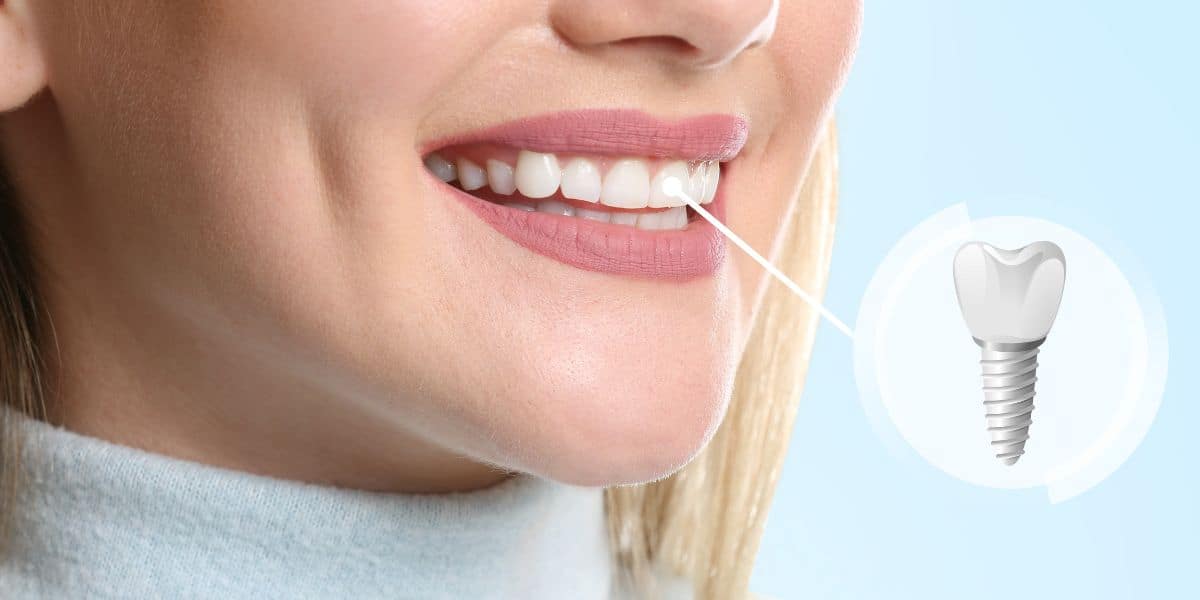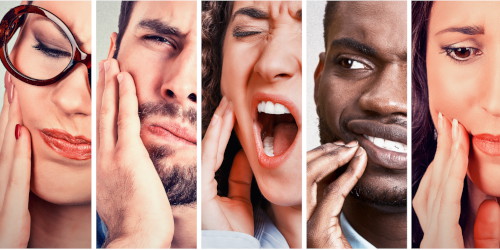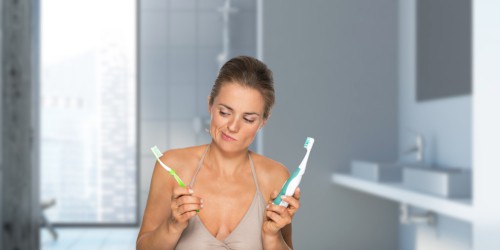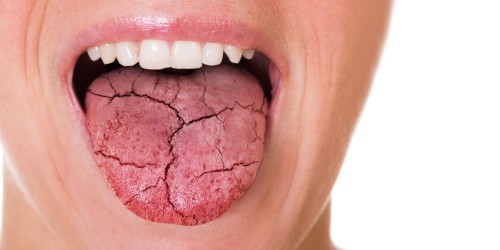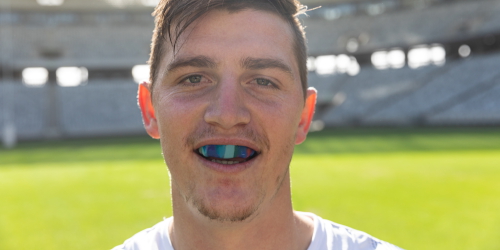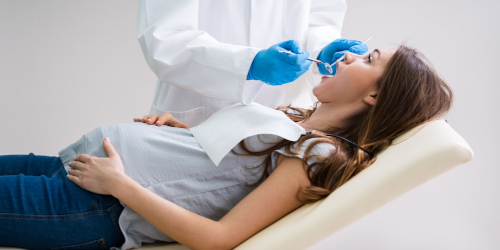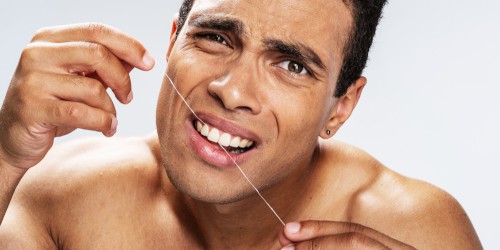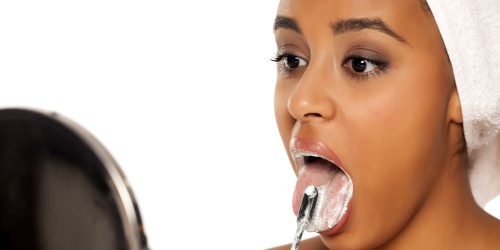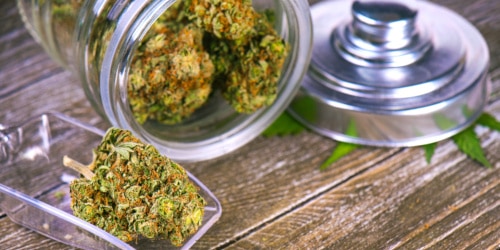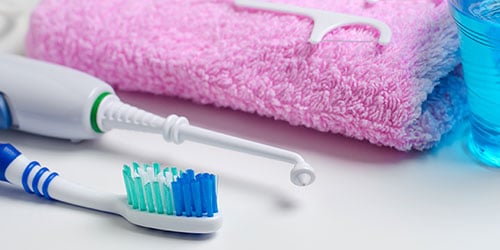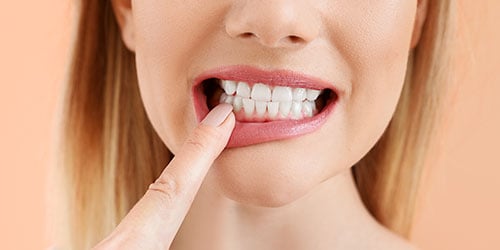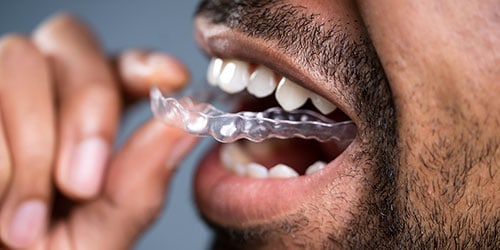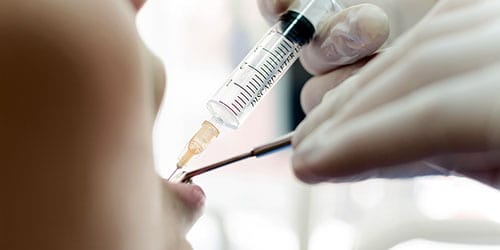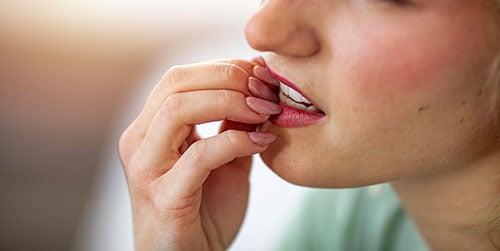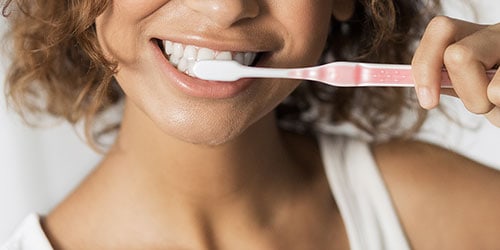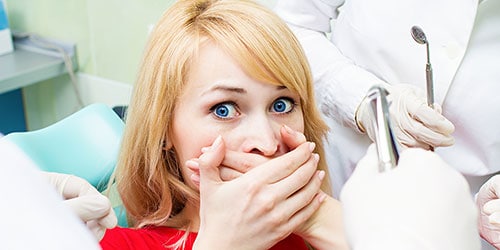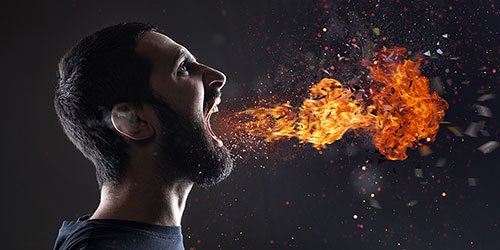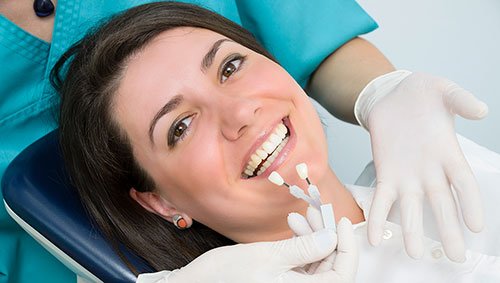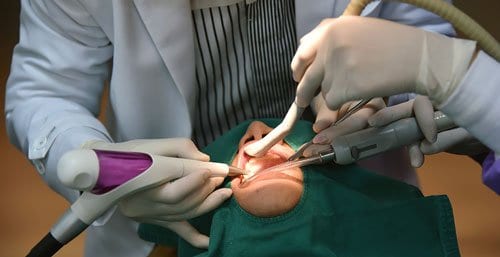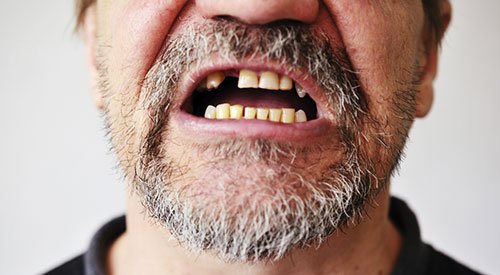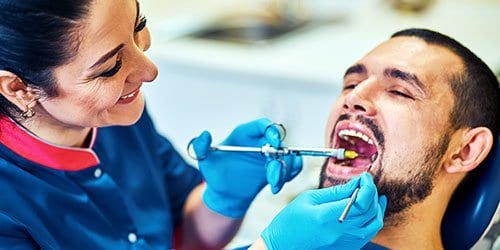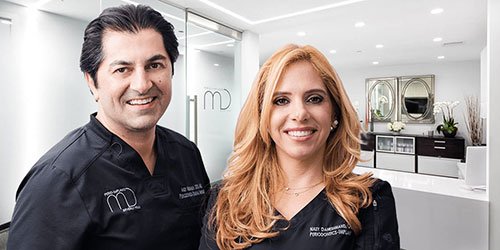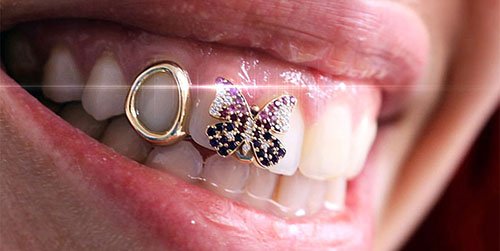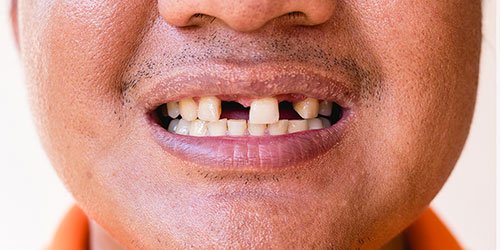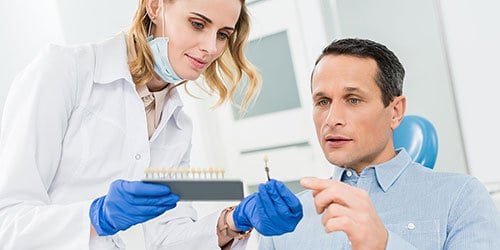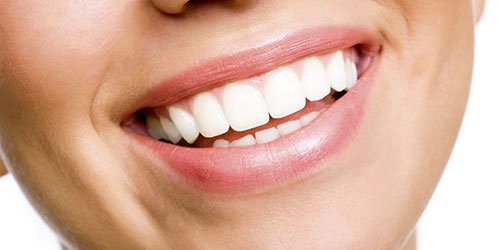
A Tik-Tok video going around claims that (somehow) vitamin C and caffeine may interfere with the effectiveness of local anesthesia, which of course we use in dentistry.
We hear questions about this frequently in our office, mostly by younger patients undergoing a procedure that entails numbing of an area.
The medicine we use for numbing an area is usually lidocaine. This nerve blocker, when it enters nerve cells, prevents them from sending pain messages. Therefore, the feeling of pain never reaches the brain. This is kind of like a really good email spam blocker. The spam keeps getting sent to your inbox, but it is blocked before it ever gets there, so you don’t have to experience it.
The amount of lidocaine necessary to numb a patient depends on several things, including the physical size of the patient, in addition to their temperament and level of anxiety.
But do vitamin C and caffeine play any role in making this numbing less effective? Let’s find out!
Vitamin C and the effectiveness of numbing medications
As a rule, vitamin C (ascorbic acid) is important to maintaining good health. It is found naturally in citrus fruits, tomatoes, potatoes, and leafy vegetables. Vitamin C is important for bones, connective tissues, muscles, and blood vessels. It also helps the body absorb iron, which is needed for red blood cell production.
Some people believe that vitamin C can cure or prevent the common cold. However, even after decades of this belief, there is still no strong scientific evidence to support it.
What we tell our patients about vitamin C and the effectiveness of lidocaine
One thing we know for sure is that large doses of vitamin C can lower a person’s pH balance. pH is a scale of acidity ranging from 0 to 14; more acidic solutions have lower pH.
So, if you ingest high levels of vitamin C, your pH will be lower, and you might require more numbing medicine. To be on the safe side, we recommend that patients taking high doses of vitamin C curtail its use to the RDA-recommended level two days before their procedure.
But, once your procedure is done, we are all in favor of higher doses of vitamin C. This is because vitamin C plays a major function in wound healing. It assists with the formation of collagen, the most important protein of connective tissue.
So, if a person doesn’t have enough vitamin C in their bloodstream, it may take longer for their dental work to heal. Thus, we would rather you have too much vitamin C than too little.
Caffeine’s effect on dental numbing medications
A common myth among dental practitioners is that coffee consumers are more likely to feel pain during treatment. Some people also believe that coffee increases the need for more anesthetic to adequately numb the area.
In truth, other issues affect the efficacy of local anesthetics way more than caffeine does. These include:
- Advanced age
- Obesity
- Drug abuse
- Alcohol abuse
Some believe that people with red hair do not respond well to lidocaine. This has not been scientifically proven, and we personally think it’s a bunch of hooey.
What we tell our patients about caffeine and the effectiveness of lidocaine
We tell our patients that it is the side effects of caffeine that can interfere with local anesthesia. This is because some of the effects of caffeine, such as insomnia, nervousness, and restlessness, may affect a patient’s ability to relax into the numbing medication.
So, as far as we can tell, caffeine itself does not affect how well lidocaine will numb your mouth. But there is no downside to having a decaf latte on the day of a procedure.
Are caffeine and coffee bad for your teeth?

Now if you want to talk about how coffee can be bad for your teeth, we can go on about that for quite some time! For example, any drink that isn’t water can cause bacteria to grow in your mouth, leading to tooth and enamel erosion. This can cause your teeth to become thin and brittle.
And coffee, more than most other drinks, is known to stain your teeth. Plus, it can cause bad breath, because it sticks to the tongue. Drinking too much coffee (or other liquids that are high in acid) weakens your teeth’s enamel. Enamel protects your teeth, so if it is weakened or worn away, your teeth are more vulnerable to decay.
But maybe this topic will become a blog in the very near future.
Why MD Periodontics?
MD Periodontics in Beverly Hills, CA has become a California destination for patients seeking dental implants. Dr. Moshrefi and Dr. Daneshmand, both board-certified periodontists, have a deep understanding of the gum and jaw structures and can correct even the most complicated cases. Their state-of-the-art implant procedures, artistic skills, and experience are how they have produced stunningly natural results over thousands of dental implants and a myriad of other procedures.
MD Periodontics’ holistic approach to dentistry incorporates the use of the least toxic materials and the most advanced technology available today. Within the soothing spa-like atmosphere of our office, we use aromatherapy and other non-invasive modalities to create a stress-free dental care experience that is surprisingly pleasant.
To schedule an appointment or consultation at MD Periodontics, click here or call us at (310) 859-9449.
We are conveniently located to patients throughout Southern California and the Los Angeles area. Our board-certified periodontists and dental implant experts are available at locations in or near Santa Monica and Beverly Hills. We are conveniently located near West Los Angeles, Culver City, West Hollywood, Downtown Los Angeles, Marina del Rey, Pacific Palisades, Malibu, Manhattan Beach, Sherman Oaks, and Encino.
- How To Pick The Best Dental Implant Specialist Near Me - September 17, 2024
- Can Bleeding Gums Be a Symptom of Something More Serious? - May 27, 2024
- What Is Hydroxyapatite Toothpaste, and Is It Better for You? - May 1, 2024
 (310) 859-9449
(310) 859-9449 Do Vitamin C and Caffeine make dental numbing meds less effective?
Do Vitamin C and Caffeine make dental numbing meds less effective?




